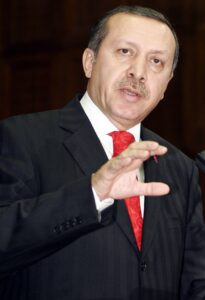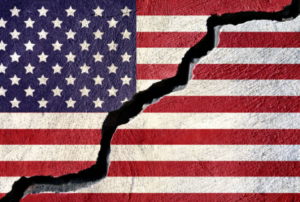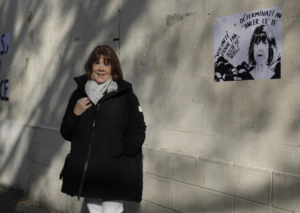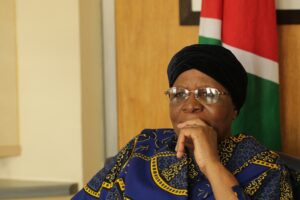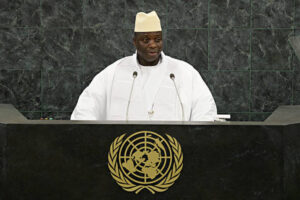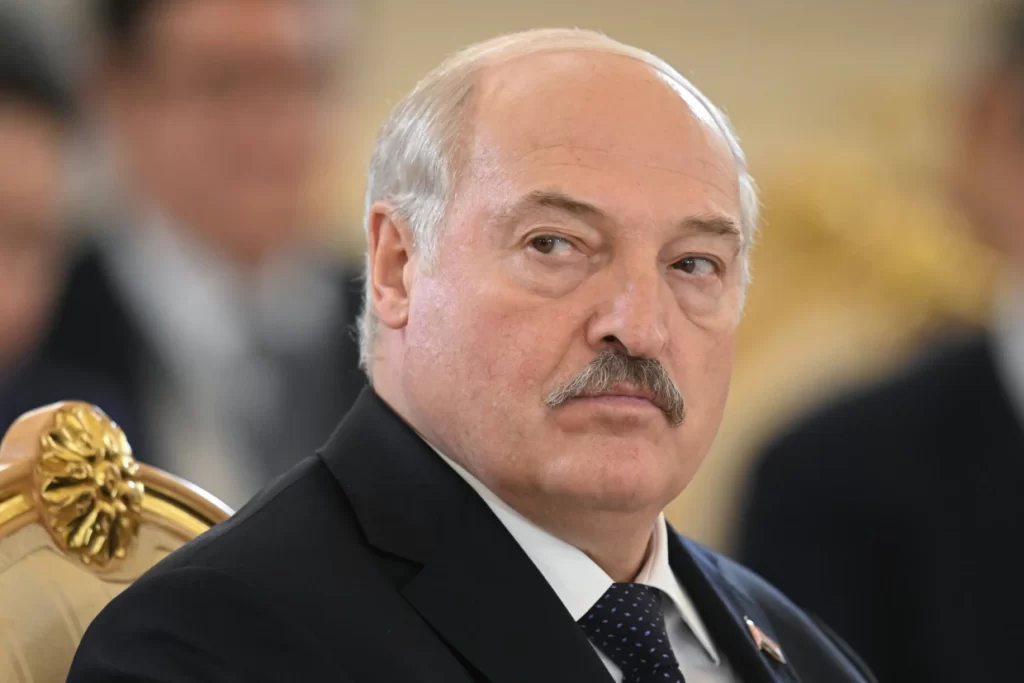A challenging weekend for Putin: What really has happened?
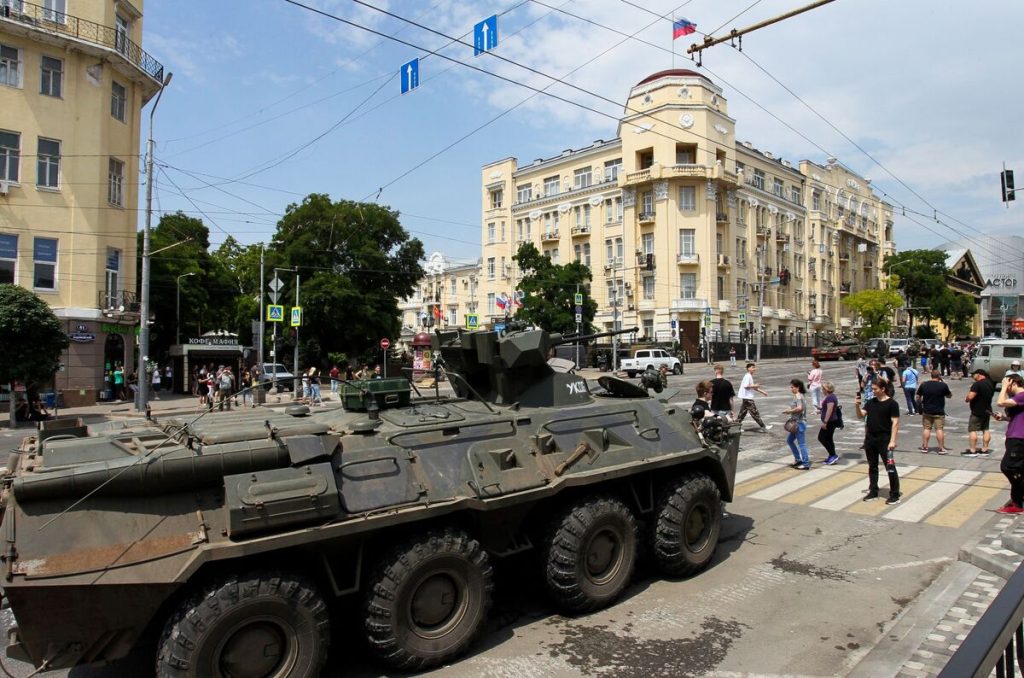
Photo credit: STRINGER/AFP
The Wagner Group which is a Russian Private Military Group (PMG) operating from Ukraine to Africa and South America, seized control of Rostov-on-Don on Saturday. A key military headquarter city in the South, Rostov-on-Don-, is a strategic city for Russia housing 58th Combined Arms Army and Russian Southern Military District Command. The 58th Combined Arms Army is critical for Russia’s war in Ukraine. The city of Rostov-on-Don is only 100 km away from the Ukrainian border and 500 km away from the Russian capital Moscow.

Photo Credit: Prigozhin Press Service via Associated press https://www.nytimes.com/2023/06/24/world/europe/us-intel-prigozhin-warning.html
The founder of the Wagner Group, Yevgeny Prigozhin, has long been denying his involvement in the PMG. On Friday, he vowed to head to Moscow to take revenge against Kremlin over its alleged attack against Wagner soldiers. Russian President Vladimir Putin described the attempt as “an armed mutiny” and “a stab in the back”. It was the first time the President was challenged by that kind of threat since his rule of two decades. Indeed, it was the first attempt after the 1991 coup d’etat attempt. Russian intelligence Agency (FSB) responded by opening a criminal probe against Prigozhin. They ended it hours later despite Putin’s speech where he declared him as “a traitor”.

Photo credit: Russian Presidential Press Service/AP
https://www.ft.com/content/3bc853e9-30c4-47a8-9d0a-9f9f5b384447
Whereabouts of High-Rank Officials Amid the Mutiny
There were several allegations that the officials from Kremlin fled Russia amid the mutiny. According to some reports, the presidential plane of Vladimir Putin took off from Moscow on Saturday. The Flight Radar confirmed the plane took off at 2.15 pm while the allegation was denied by Kremlin’s spokesperson Dimitry Peskov. Some reports also indicated that Deputy Primer Minister Denis Manturov fled to Turkey where he spent his holiday in January which caused him to be publicly rebuked during a video meeting over his failure to deliver military contracts. The Reformation Project, a Belarussian news portal, and Ukrainski Pravda, a Ukrainian news portal alleged that a business jet (Canadair CL-600-2B19 Challenger 850) which is used by high-rank Belarussian officials and Lukashenko’s close circle has landed in Bodrum-Turkey on Saturday.
Lukashenko the Negotiator

Photo credit: Gavriil Grigorov/Sputnik, via Associated Press
https://www.nytimes.com/2023/06/25/world/europe/belarus-lukashenko-russia-wagner.html
Alexander Lukashenko made the headlines as the mediator of this unprecedented conflict. Wagner’s leader Prigozhin agreed to go into exile in Belarus after reaching a truce brokered by Lukashenko. The criminal probe by FSB against Prigozhin also dropped due to this agreement. Prigozhin, surprisingly, did not mention the mediation of Lukashenko during his speech declaring that he is pulling his troop back on the Telegram channel. The President gave details on his negotiating with Prigozhin. According to him, he got his number from FSB despite Kremlin spokesperson Peskov’s previous remarks on the friendship of Lukashenko and Prigozhin as they knew each other for 20 years. Lukashenko said that he convinced the Russian President not to eliminate the Wagner Group and he saved Russia from a civil war. Analysts suggest that Lukashenko benefits from the mutiny as he declared himself as the “negotiator” and “diplomatic mediator”. His position is believed to be creating an opportunity for him to have leverage over bilateral ties between Russia and Belarus while having media coverage of his efforts.
The Wagner Group in Overseas

Photo credit: Alexei Druzhinin
https://www.politico.com/news/2023/02/18/russia-wagner-group-ukraine-paramilitary-00083553
The Wagner group received almost 1 billion from the Russian state only for a period of one year for its operations in a wide range of areas. Wagner being supported by the Kremlin made it possible to operate since private military organizations are banned by the Russian law. The Group has known to be operating in Mali, the Democratic Republic of Congo, Libya, Sudan and Central African Republic. It’s operations are widely criticized by human rights monitoring groups and even the United Nations. The Group’s activity was even included in the Final report of the Panel of Experts established pursuant to resolution 1973 (2011) of the United Nations Security Council concerning Libya dated 24 May 2022. However, many of the leaders welcoming Wagner in Africa stand back by the group claiming they are providing strategic and military support.

Photo credit: FLORENT VERGNES / AFP
https://www.lemonde.fr/en/le-monde-africa/article/2023/06/26/africa-is-among-the-stakes-in-wagner-insurrection_6037689_124.html
Belarus on the World Stage
The Republic of Belarus, or Belarus, is a former Soviet Union state located in Eastern Europe. It is bordered by Russia to the east and northeast, Ukraine to the south, Poland to the west, and Lithuania and Latvia to the northwest. It gained its independence on 25 August 1991 while its parliament proclaimed its sovereignty on 27 July 1990.
Today it hosts almost 7.5 million people, mostly ethnic Belarusians, making the four-fifth of the population followed by Russians who migrated during the 60s and 70s making the one-tenth of the population. In 1994, the incumbent President Alexander Lukashenko came to power as the country’s first elected president following the adoption of a new constitution. He has been serving as the President of Belarus ever since. Belarus usually makes the headlines over its human rights abuses and oppression against dissent. Thus, especially after the 2020 Presidential elections which caused Lukashenko’s rival Sviatlana Tsikhanouskaya to flee the country.

Photo Credit: Fabrice Coffrini/Agence France-Presse — Getty Images
https://www.nytimes.com/2023/01/17/world/europe/belarus-svetlana-tikhanovskaya.html
She was the main opposition figure challenging Lukashenko’s two-decades-old autocratic rule who now lives in exile. She faces a 15-year jail term on several charges such as extremism and conspiracy to seize power. She said that she ran for the presidency to free all political prisoners including her husband, to bring democratic reforms to Belarus and end the so-called “Union Treaty” with Russia. “The Union State” which includes Belarus and Russia aims to have a much deeper relationship between the two countries through economic and defense integration and cooperation. She was also a critic Russian invasion of Ukraine calling for anti-war mobilization among Belarussian soldiers and civilians. Today, she is recognized by the Lithuanian Parliament as the “legitimate elected leader” of Belarus. She was nominated for the Nobel Peace Prize in 2021 and she was awarded the “Charlemagne Prize” in 2022.
Russian Influence in Belarus

Photo credit: Igor Palkin, Russian Orthodox Church Press Service via Associated Press
https://apnews.com/article/68834e730fb448afa4b2cfe909c71a7d
- Who speaks Belarussian?
Belarussian and Russian are the two official languages in Belarus. These two Cyrillic languages are quite similar to each other. However, many of the Belarussians prefer Russian in their daily lives. Several studies indicate that almost 70% of the population speaks Russian. The Belarussian President is believed to be the one who “stigmatized” the Belarussian language by his policies. He even once said, “nothing significant can be expressed in Belarussian”. That is why Belarussian became the language of opposition in Belarus. Despite his previous efforts to promote Russian over Belarussian, Lukashenko spoke in Belarussian during his address in July where met the Russian President to commemorate the 70th anniversary of freeing Belarus from Nazi occupation. - The Deployment of Nuclear Weapons
In March 2023, Russian President Vladimir Putin first announced that nuclear weapons would be deployed to Belarus. Then it was stated once again by both Russian and Belarussian Presidents in July 2023. The Defence Minister of Russia Sergei Shoigu and his counterpart Viktor Khrenin signed documents clarifying the procedure for the already existing Russian nuclear weapons in Belarus on 25 May 2023. On 14 June 2023, President Lukashenko announced that the delivery of tactical nuclear weapons had started. He said that these bombs are three times more powerful than those that were used in Nagasaki and Hiroshima during World War II in 1945 during an interview on a Russian state TV Channel named Russia 1 (Rossiya Odin). - Russian Orthodox Church and Belarus
Belarus does not have an official religion. Half of Belarussians consider themselves as atheists or non-religious. However, the Belarussian Orthodox Church which is an exarchate of the Russian Orthodox Church has a privileged role in the country receiving state subsidies. Almost two-fifths of the population embrace Eastern Orthodoxy while Roman Catholics make up the largest religious minority followed by Judaism and Islam, which is the predominant religion within The Tatars. During his two-decades-long rule, Lukashenko has had close relations with the Russian Orthodox Church. Belarussian Orthodox Church is subordinate to the Moscow Patriarchate. The influence of the Russian Orthodox Church is not limited to religious affairs but also politics. For example, thousands of people demonstrated against the 2020 Presidential Election results claiming it was not a free and fair election. Russia stepped in and showed major support to the President who was struggling with mass protests and unrest. Surprisingly, the support coming from Kremlin was not the only one Lukashenko received. Russian Orthodox Church and its Patriarch Kirill made a statement congratulating Lukashenko and clearly taking his side. The Russian Orthodox Church is also quite involved with the Russian invasion of Ukraine. Indeed, they support Russia which draws criticism and controversy over its position.


